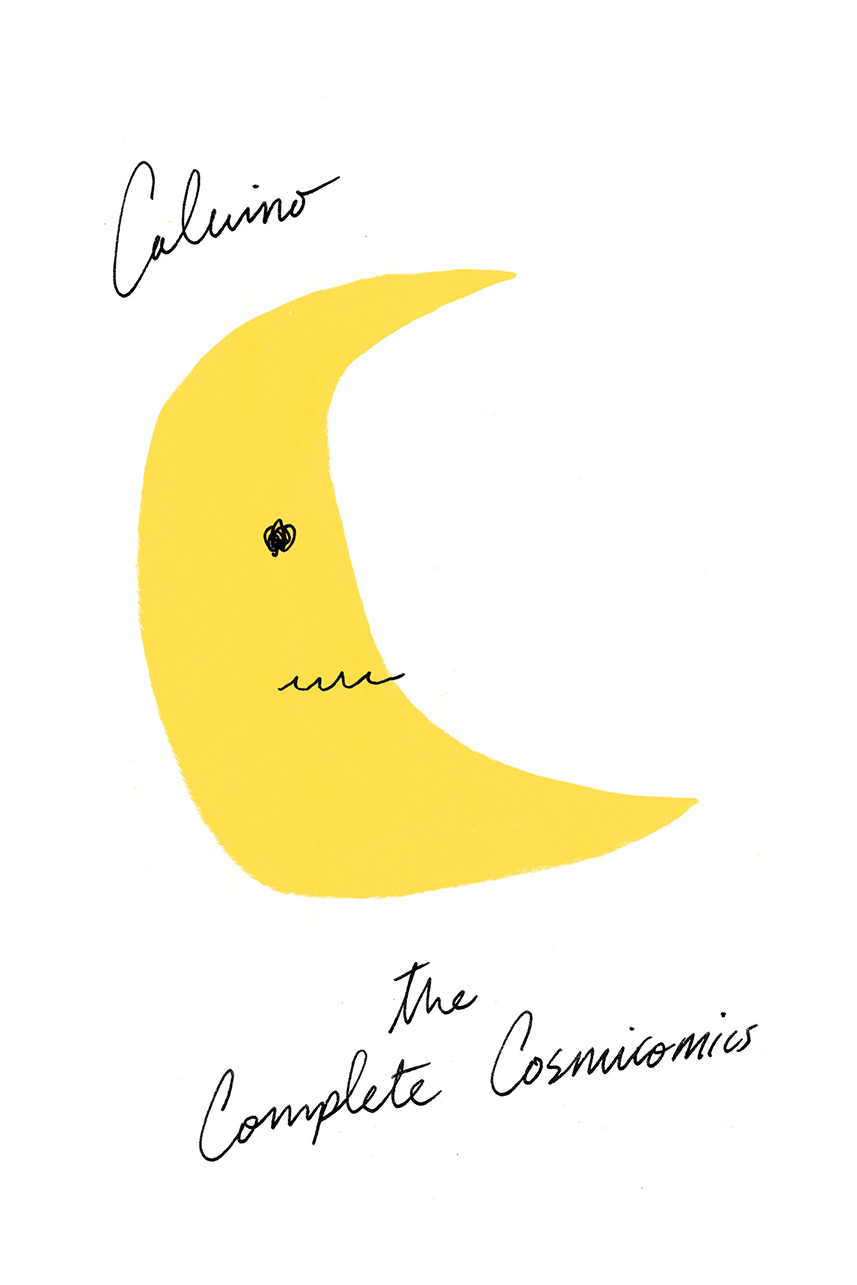
Collection of Sand
- اطلاعات
- نقد و بررسی
- دیدگاه کاربران
نقد و بررسی

Starred review from July 21, 2014
Calvino’s diverse interests are on full display in this collection of delightful and erudite essays by the author of Invisible Cities. Originally published in Italian in 1984, it was the last volume of new work published in his lifetime. Many of the eclectic pieces are collected from a newspaper column Calvino (1923–1985) wrote for La Repubblica, and from a series of travel essays set in Iran, Japan, and Mexico. Museum exhibitions draw Calvino’s attention to the natural world, to the bizarre—and to the past. His subtle humor threads its way through staid descriptions of wax museums, automata, knots, and the ruins of a pig sty. The collection includes a moving remembrance of Roland Barthes and several idiosyncratic but valuable book reviews. Calvino’s travelogues, particularly those set in Japan, are the best example of his ability to capture the real world with the same vigor and verve as his imaginative fiction. In Mexico, Calvino visits a 2,000-year-old tree and walks away with the impression that, like history itself, the tree grows “according to no plan” but finds continuity through redundancy. “In the beginning was language,” he writes, and it’s clear that no matter where he turns his attention, his universe begins and ends in reverence for the written word. The book offers a delectable array of cognitive insights, ancient history, and Calvino’s indispensable voice. Agent: Andrew Wylie, Wylie Agency.

Starred review from September 15, 2014
According to translator McLaughlin, this was the last organic volume of new work put together by Italo Calvino in his lifetime 192385, and it is high time this extraordinary essay collection appeared in English. Admirers of the Italian writer's work will find a cornucopia of virtuoso description, clear arguments, pointed questions, and fulsome praise for his subjects. That these are occasional piecesrecords of museum visits, travel writing, book reviewsmakes it all the more remarkable. Its order is rigorous, the thinking serious, the writing lucid and precise. In Japan, Calvino observes, New to the country, I am still at the stage where everything I see has a value precisely because I don't know what value to give it. He may notice anything and everything, but his connoisseur's quality of attention is refined through selection, in learning what to attend to. Whether admiring an exhibit of obsessive collectors' collections or studying a history of maps or a catalog about an artist who designed and painted stamps for imaginary countries or visiting a Zoroastrian temple in Iran, Calvino makes lasting connections between the abstract and the exact with probity and wonder.(Reprinted with permission of Booklist, copyright 2014, American Library Association.)




دیدگاه کاربران